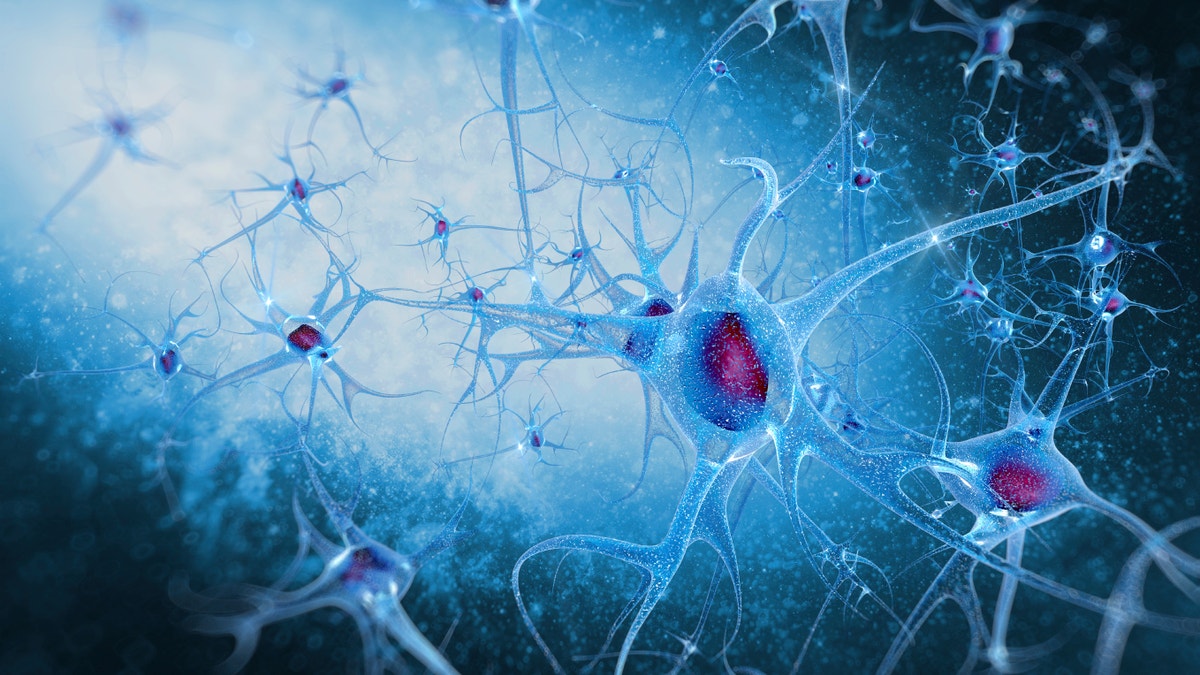
People with the chronic inflammatory skin disorder rosacea may have a slightly increased risk of dementia, including Alzheimer’s disease. Researchers in Denmark drew a link between the two conditions, which are both marked by an elevated expression of certain proteins.
In a study published Thursday in the journal Annals of Neurology, scientists at the University of Copenhagen drew data from the adult Danish population between 1997 and 2012, which was about 5.6 million people. About 82,400 of those patients had rosacea.
On Dec. 31, 2012, researchers analyzed the study group’s death rates, causes of death, and incidences of dementia diagnoses. They observed that about 99,000 people had developed dementia, of which about 29,000 had Alzheimer’s.
After adjusting for potentially confounding factors, researchers found that the rosacea patients had a 7 percent increased risk of dementia, and a 25 percent increased risk of Alzheimer’s disease compared with those who didn’t have the skin condition. Split by sex, women with rosacea had a 28 percent increased risk of Alzheimer’s and men with rosacea had a 16 percent increased risk of Alzheimer’s, researchers observed.
However, when study authors stratified their results by age at study entry, Alzheimer’s risk was only significantly elevated among individuals who were 60 years old, who were found to have a 20 percent increased risk. When restricted to patients whose rosacea diagnoses came from a hospital dermatologist, the heightened risks of Alzheimer’s and dementia were 92 percent and 42 percent, respectively.
"A subtype of patients have prominent neurological symptoms such as burning and stinging pain in the skin, migraines, and neuropsychiatric symptoms, suggesting a link between rosacea and neurological diseases," study author Alexander Egeberg, a dermatology professor at the University of Copenhagen, said in a news release. "Indeed, emerging evidence suggests that rosacea may be linked with neurological disorders including Parkinson's disease and now also Alzheimer's disease. There are certain mechanistic overlaps between rosacea and Alzheimer's disease that may explain the observed association, albeit the pathogenic links between these conditions are still unclear."
Egeberg said that while his team’s study was only observational and that rosacea may not necessarily raise an individual’s risk of dementia, these findings may offer new insight on the skin condition and neurodegenerative disorders. He added that further research would be needed to know whether treating rosacea could have an effect on dementia risk.
